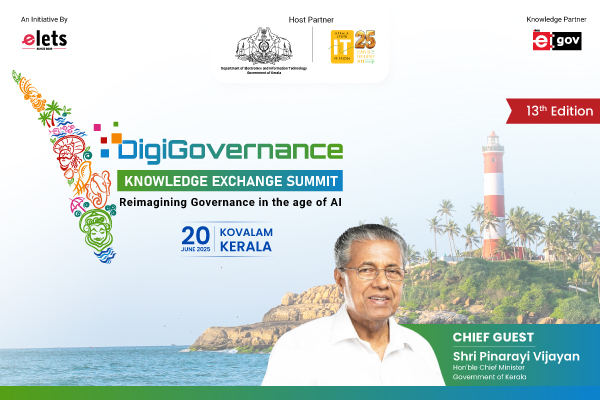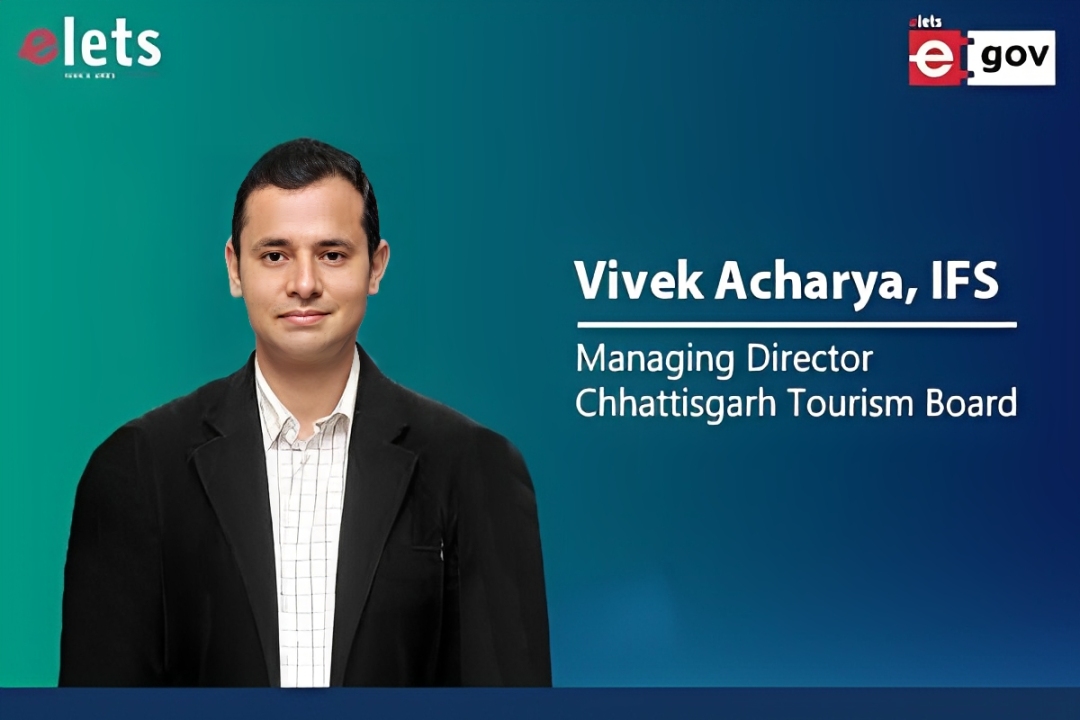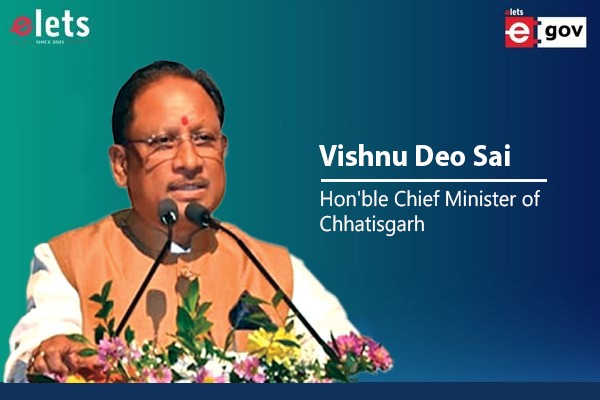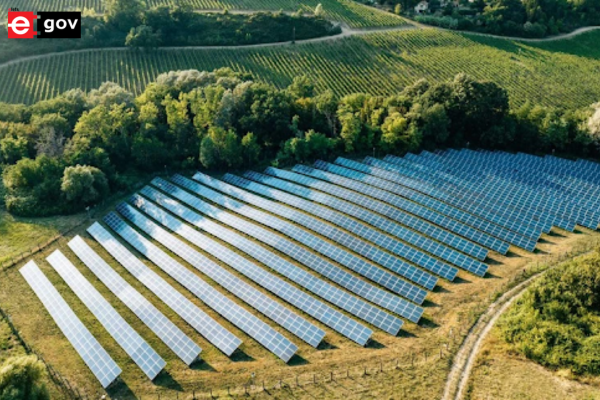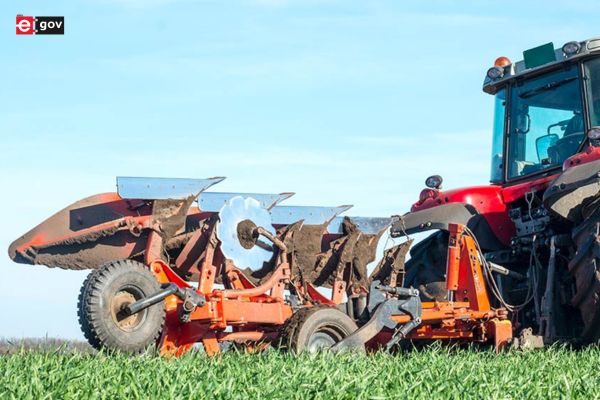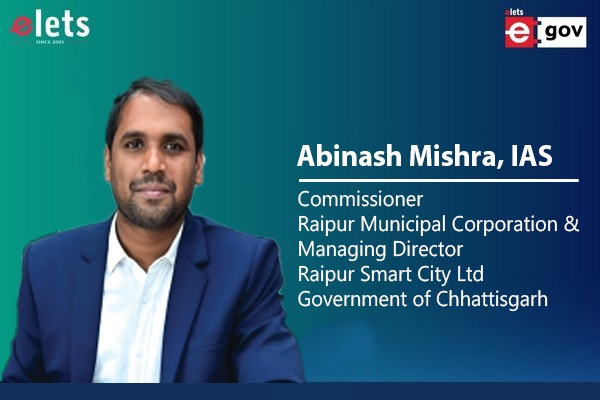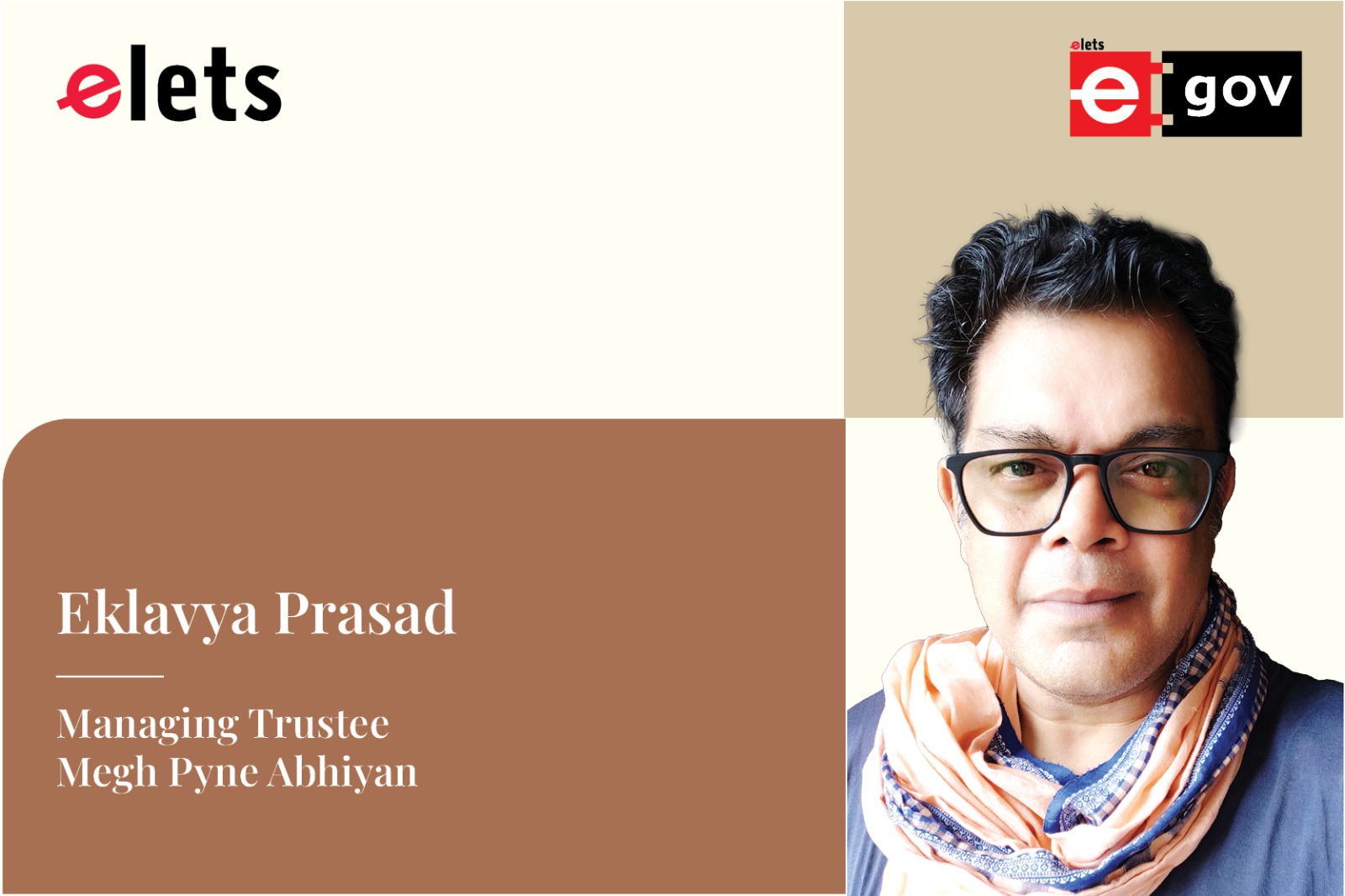
In September and October of 2022, Megh Pyne Abhiyan (MPA) collaborated with the Dhanbad Municipal Corporation (DMC) to conduct a study across 35 out of the 55 municipal wards. This study covered 108 locations in both coal belt and non-coal belt areas of the municipal corporation. It was a part of the Shallow Aquifer Management (SAM) pilot.
In 2022, the Atal Mission for Rejuvenation and Urban Transformation (AMRUT) initiated a SAM pilot across 10 cities in nine states: Bengaluru (Karnataka), Chennai (Tamil Nadu), Dhanbad (Jharkhand), Gwalior (Madhya Pradesh), Hyderabad (Telangana), Jaipur (Rajasthan), Kolkata (West Bengal), Pune and Thane (Maharashtra), and Rajkot (Gujarat).

This pilot is a collaboration between the city-specific Urban Local Bodies (ULBs) and local non-governmental organisations (NGOs). The NGOs involved in the SAM pilot across these 10 cities are as follows: Biome Environmental Trust (Bengaluru), Rain Centre (Chennai), MPA (Dhanbad), People’s Science Institute (Gwalior), The Rainwater Project (Hyderabad), Centre for Development Studies (Jaipur), Prasari (Kolkata), Mission Groundwater (Pune), Aga Khan Agency for Habitat (Thane), and Arid Communities and Technologies (Rajkot).

The SAM pilot is coordinated by the National Institute of Urban Affairs (NIUA) and mentored by both the Advanced Center for Water Resources Development and Management (ACWADAM) in Pune and the Biome Environmental Trust in Bengaluru.

The objective of the study, undertaken by MPA in collaboration with DMC, was to understand the relationship and extent of dependence of habitations in the 35 wards on shallow aquifers. The outcome of the study was both extraordinary and surprising. To elaborate on the outcomes, it’s important to first describe the water conditions in the DMC area. DMC is divided into two broad areas: non- coalfield and coalfield. This area is further segmented into five circles – Katras, Chhatatand, Dhanbad, Jharia, and Sindri, comprising a total of 55 wards. The Jharia coalfield within DMC is renowned for coal mining and associated economic activities.

Except for some parts of the Dhanbad circle, the remaining circles are primarily located in the coal belt areas. Prior to the survey, dominant opinions about the water landscape in the coalfields were:
- Availability of water at both settlement and individual levels is extremely challenging.
- Accessing deep groundwater aquifers can be expensive and often proves unproductive.
- Groundwater is a scarce resource.
- Addressing water issues in the coal belt requires significant investment and related interventions.
While surveying the 108 locations, problems were evident, and in some locations, dominant opinions echoed. What was both extraordinary and surprising was the dependence of habitations on shallow aquifers throughout the DMC. About 63% of the locations in five circles of the DMC depended on shallow aquifers through dugwells. According to users, “shallow aquifers are their lifeline.” Interestingly, this dependence was evenly distributed across all five circles, underscoring the importance of shallow aquifers in the DMC.
To understand the reasons behind the widespread use of shallow aquifers, MPA’s team consulted user communities where the shallow aquifer was in use. According to them, shallow aquifers are preferred because they provide easy access to water and recharge naturally during the monsoon season. Many believed that the shallow aquifer is a vital resource, ensuring equal water access for all. This is why the use of the shallow aquifer is so decentralised in the DMC. Alongside this, users expressed concerns about the dwindling capacity of their essential water source to meet people’s needs. This concern intensifies during the summer season and could worsen due to failed or deficient monsoons, as experienced in 2022 and 2023. These factors solidified the determination of both the DMC and MPA to implement the SAM pilot in Dhanbad.
The process for the SAM pilot was initiated in Dhanbad with the development of a preliminary Plan of Action (PoA) in consultation with the Municipal Commissioner, Mr. Satyendra Kumar, and the Urban Reform Specialist (AMRUT), Mr. Amandeep Gupta. The SAM pilot was tailored for DMC, focusing on:
- Enhancing the understanding of groundwater within DMC.
- Creating an environment conducive to mainstreaming SAM into DMC’s water management strategy.
- Demonstrating practices to sustain shallow aquifers in DMC.
Following consultations with DMC officials, a comprehensive PoA was established, with strategies including:
- Profiling and mapping groundwater- based sources within DMC.
- Identifying suitable sites for SAM projects using a participatory approach.
- Developing a detailed project report (DPR) for each project under the SAM pilot in partnership with DMC.
- Formulating and designing the execution of SAM projects.
- Engaging local communities in the management of shallow aquifers.
- Monitoring the dynamics of shallow aquifers.
To gather information on government water sources within DMC, the Dhanbad Municipal Commissioner decided to conduct a survey across all 55 wards of DMC, encompassing government water sources such as dug wells, heritage dug wells, hand pumps, ponds, and waterlogged areas. This information served as an excellent foundation for the SAM pilot. Based on the survey results, sites across five circles were visited. In total, 108 locations across 35 of the 55 wards were inspected as part of a feasibility study to pinpoint projects for the SAM pilot.
Based on the preliminary visit, 18 sites were identified as probable projects under the SAM pilot. Subsequently, the number of projects was reduced to five. In keeping with the collaborative spirit of the SAM pilot in Dhanbad, the details of these five identified projects were shared with the Municipal Commissioner and the Urban Reform Specialist (AMRUT). A joint visit by DMC and MPA was carried out to finalize the projects. After further evaluation during the team visits from NIUA, ACWADAM, and Biome Environmental Trust, seven projects were identified across four circles of DMC: Katras, Dhanbad, Jharia, and Sindri circle.
The process adopted to prepare DPRs for the seven projects was participatory and meticulously detailed. Several visits were organized to the project sites, which included: § Consulting diverse user groups at each location about past and present water use, and observing groundwater fluctuations in shallow aquifers. § Mapping the local geology, understanding the project sites’ layouts, and examining the drainage pattern. § Identifying project-specific strategies to sustain shallow aquifers. § Engaging DMC engineers in visits to assess the feasibility of shallow aquifer management techniques and in preparing cost estimates.
This approach not only produced pertinent and authentic information about shallow aquifers but also sparked significant interest among users about the potential of sustaining groundwater sources dependent on shallow aquifers in their environments. Moreover, the entire process of outlining the projects under the SAM pilot in DMC has established a model for participatory urban groundwater management practices, emphasizing the importance of shallow aquifers in urban settings.
To ensure that shallow aquifers remain a reliable resource, it’s crucial for the outcomes and insights from the SAM initiative to influence a dominant mindset to be more receptive to shallow aquifers. SAM will also assist in incorporating the existing local knowledge about shallow aquifers into a decentralized strategy to preserve this vital resource. Last but not least, the SAM initiative can be expanded to guarantee water availability in water- scarce areas. Taking all these measures will certainly ensure that shallow aquifers are no longer overlooked.
Views expressed by: Eklavya Prasad, Managing Trustee, Megh Pyne Abhiyan
Be a part of Elets Collaborative Initiatives. Join Us for Upcoming Events and explore business opportunities. Like us on Facebook , connect with us on LinkedIn and follow us on Twitter, Instagram.
"Exciting news! Elets technomedia is now on WhatsApp Channels Subscribe today by clicking the link and stay updated with the latest insights!" Click here!




